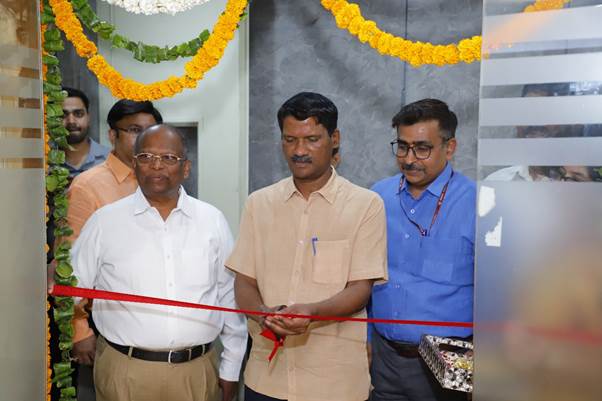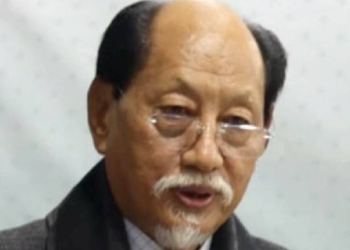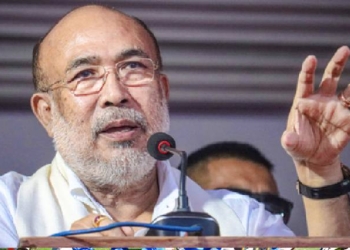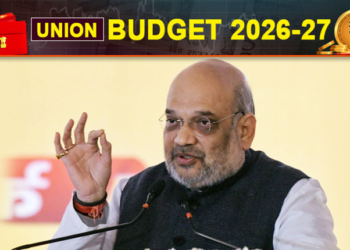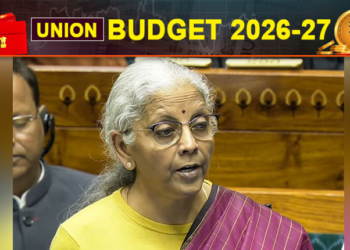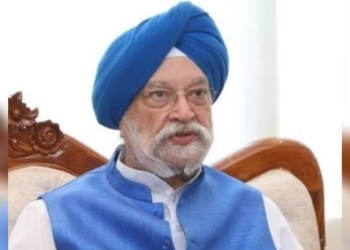New Delhi: Secretary, Ministry of Mines, V L Kantha Rao on Saturday inaugurated the Registered Office of Khanij Bidesh India Ltd (KABIL) at Sansad Marg to speed up the country’s efforts to secure stable supplies of critical minerals such as lithium and cobalt used as raw materials to manufacture electric vehicles, smartphones and hi-tech defence equipment.
KABIL, a Joint Venture Company formed by NALCO, HCL and MECL, Central public sector enterprises under the Ministry of Mines, is entrusted with the important mission of identifying, exploring, acquiring, and developing critical and strategic mineral assets overseas.
Rao said the inauguration of the KABIL office in Delhi symbolises a new era of concerted efforts towards ensuring the mineral security of India. With a steadfast commitment to excellence, KABIL is poised to play a crucial role in driving India’s growth and self-sufficiency in the realm of critical and strategic minerals aligning with the objectives of “Make in India” and “Viksit Bharat” and India achieving the Net Zero Emission Goal, he added.
An instrumental step in KABIL’s journey towards securing a stable supply of lithium was the signing of an exploration and development agreement to get exclusive exploration rights for five lithium blocks in Argentina.
There is also collaboration of India with Australia, the world’s top producer of Lithium accounting for as much as 47 per cent of the mineral.
A government-to-government agreement has been signed between the Ministry of Mines and DSIR under which five projects of Lithium and cobalt have been selected where project feasibility is being carried out.
Currently, the extraction of these minerals is dominated by a few countries such as China which makes the supply chain vulnerable to geopolitical uncertainties.
India is viewed as part of the alternative supply chain that needs to be developed to break China’s dominance in this crucial segment.
The Narendra Modi government has also accelerated the exploration of critical minerals in India over the last two years as a result of which over 100 critical mineral blocks are now in the pipeline and will be put up for auction to mining companies.
Critical minerals such as lithium, chromium, nickel, graphite, cobalt, titanium and rare earth elements are essential raw materials for sectors like electronics, electric vehicles, renewable energy, defence and high-tech telecommunications.
An international summit was also held in Delhi at the end of April this year to woo foreign investors with details of fiscal and non-fiscal incentives being offered to push growth in the sunrise sector.
On the second and concluding day of the critical minerals summit, leading mining states such as Odisha and Andhra Pradesh also shared incentives provided by them for industry, underlining the nation’s growth trajectory and state-level interventions to foster enabling infrastructure.
(IANS)




